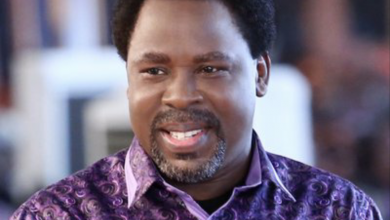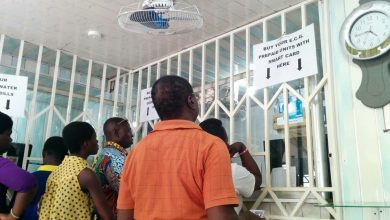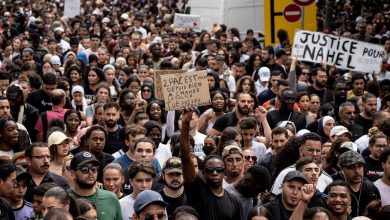Retired Supreme Court Justice urges chiefs to uphold political neutrality for unity and development

Justice Jones Dotse, a retired Supreme Court judge, has urged chiefs in Ghana to maintain political neutrality to promote unity and development within their communities.
Speaking at the 2nd Annual Memorial Lecture in honor of the late Togbega Noagbesenu III, former Paramount Chief of the Awate Traditional Area, Justice Dotse stressed the importance of chiefs adhering to the constitutional ban on active partisan politics.

Article 276 of Ghana’s 1992 Constitution explicitly prohibits chiefs from participating in active party politics. It also mandates that any chief intending to run for parliamentary office must step down from their position. While Justice Dotse acknowledged this constitutional provision as “laudable,” he raised concerns about the absence of an enforcement mechanism, which he believes undermines its effectiveness.
“My observations and thoughts on this issue are that while the Constitution’s prohibition on chiefs engaging in active partisan politics is commendable, the lack of a sanctioning system makes it largely ineffective,” he stated.
The lecture, themed “The Relevance of the Chieftaincy Institution in Contemporary Times,” examined the changing role of traditional leadership in Ghana.
Justice Dotse noted that as the December 7, 2024, presidential and parliamentary elections approach, some chiefs have openly shown support for candidates from the country’s major political parties. He called on chiefs, especially those in the Volta Region, to refrain from publicly endorsing political parties or candidates during election periods.
“I was deeply impressed when I heard Togbe Tepre Hodo IV, the President of the Volta Region House of Chiefs, speak during a courtesy visit by one of the leading presidential candidates. His welcome was such that no one could discern his political preferences. This is the kind of conduct we expect from all our chiefs during election times,” Justice Dotse remarked.
Justice Dotse also emphasized that the decisions and public statements made by chiefs can have a significant impact on their communities. He urged traditional leaders to maintain neutrality, presenting themselves as figures of unity, economic progress, and development, regardless of which political party is in power.
“The choices they make can influence their constituents in various ways. It is therefore wise for them to remain as neutral as possible, so they can act as positive agents for economic growth and development in their areas, regardless of who holds power,” Justice Dotse explained.
The annual lecture, hosted in Ho in the Volta Region, brought together traditional leaders, policymakers, and scholars to discuss the role of the chieftaincy institution within Ghana’s modern governance system.
The event also honored the legacy of Togbega Noagbesenu III, a respected leader known for his dedication to chieftaincy reforms in Ghana, especially in the Volta Region, and for fostering development in the Awate Traditional Area.




